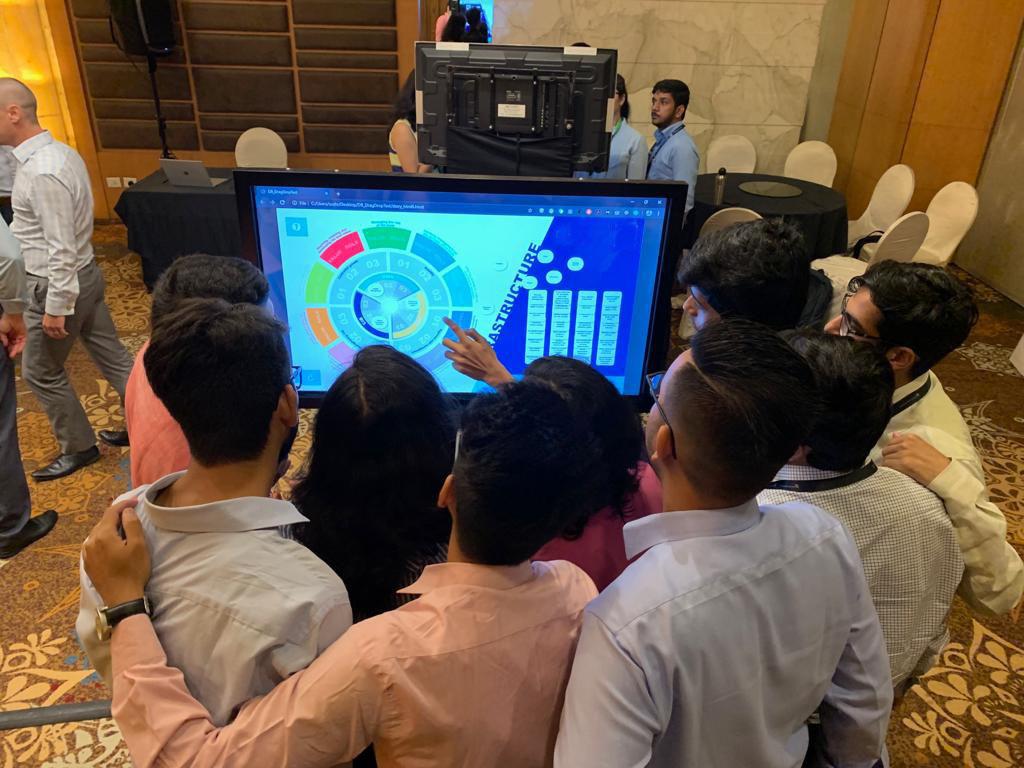THE ROLE OF SIMULATION GAMES IN DEVELOPING CRITICAL THINKING SKILLS

https://www.mdatraining.com/blog



https://www.mdatraining.com/blog

A study conducted by Research and Markets found that the use of simulation games in education and training is on the rise. The study predicts that the global market for simulation games in education and training will grow at a compound annual growth rate of 17.2% between 2020 and 2025.
What are simulation games --->

Imagine a scenario where every minute of delay can cost your business $30,000 in labour costs. Your team is faced with a tough decision to expand into either territory A or B while ensuring that shareholders are satisfied, and returns are maximised. This is where business simulations come in to provide a realistic learning experience that enhances decision-making skills.

Research has shown that simulation games can improve critical thinking skills by providing participants with opportunities to apply their knowledge in real-world scenarios. In a study conducted by the University of Colorado, students who participated in a simulation game were found to have higher critical thinking scores than those who did not participate.

The immersive nature of simulation games enhances learning by enabling participants to develop critical thinking skills through hands-on experience. Simulation games are also designed to be engaging and enjoyable.


Simulation games allow participants to experiment with different scenarios and outcomes in a safe and controlled environment. This openended design of simulation games enables participants to make various decisions and observe the consequences of each decision, which helps them develop their critical thinking skills.


Simulation games are designed to provide a safe space for participants to learn and grow. Unlike real-world decisionmaking, where mistakes can have significant consequences, participants in simulation games can experiment without fear of failure.


